Are you labeling your child?
Ever heard the phrase, “Labeling is Disabling?” Wonder what it means?
So what’s so bad about labeling?
- Some labels are positive… wouldn’t that reinforce the positive behavior in the child? There is some research to suggest that yes, when you label a child as “a kind child” or “a helpful person” (rather than saying “you’re being kind” or “he was very helpful”) – that these characteristics become strengthened within the child’s self definition.
- The problem with labeling begins when it’s done mindlessly and often. We human beings are all so much more complex than just one set of characteristics. We know today that brain plasticity continues throughout our entire lives, and that, therefore, change is always possible. We know from our own selves that we change and behave differently (indeed, perhaps seem likely we are completely different people) in different environments and company: sometimes shy, sometimes outgoing. With some highly strung, with others easy going. At times sensitive and at times tough.
Even (especially?) when they’re true, they’re disabling. Of course, the labels we use to describe our children inevitably hold some degree of truth. The problem isn’t so much that little Jonny isn’t wild (and don’t say he is!). It’s the fact that they are limiting the child, and the perception of the adult, to that behavior . Even when labels are correct, like stereotyping, they are rarely helpful. - And even positive labels can be limiting. Consider the child who is labeled the “Responsible” one. That child may now be too inhibited to take risks, or act goofy for fear of losing their “positive” label. In this way we are limiting them, yet again. Or if a child is the “Creative” one, that often infers that she cannot also be the “Scientific” one…
Children (heck, most adults) don’t have the capacity to understand labels or to navigate them. When I was a child one of the labels I was often described with was “sensitive”. It was something I was (ironically) pretty hurt by… shouting back through tear streaked cheeks: “I. Am. Not. Sensitive.” (Yes, I can see the humor in it now!). It took me years to unpack this label and to understand (along with the fact that it was true, I am sensitive) that “sensitivity” takes many shapes and forms, that it needn’t define me. That I, in fact, could own it, shape it, and mold it to please my own self image. I could be sensitive and easily insulted, or I could be sensitive to other people’s needs. As an adult, the choice was mine. But children may not have the capacity to understand and process the labels they are given, much less to take ownership or authorship over them.
- Plus, they’re a self fulfilling prophecy. When we label someone (even in the privacy of our own minds) we are boxing them in to that behavior, and we are wearing glasses that will forever see the child through that lens. So next time they display a contrary behavior, we may chalk it up to “fluke” or as an exception to the rule. The child who is labeled “messy” may not be recognized when they take pains to become neater. The child who is labeled “inconsiderate” will be painted in that light even when their motives are kind and pure. Labels close us off to seeing where the person truly is right now. My goal is to remain open to my children (and to all people!) and allow them to change, adapt and grow in and out of characteristics and behaviors.
- When we label, we’re missing the flip-side of that very shadow characteristic. Every human trait has, like a coin, a flip-side. When we label, we tend to go for the shadow trait – the one that we find intolerable or, at least, annoying. This means we’re missing out on the positive traits being displayed. For example a child that is “Wild” might be “Energetic”. Someone who is “Bossy” could be a “Leader”. A kid that is always “Daydreaming” might be “Imaginative”. It’s sobering to realize that many of the traits we value in adulthood (assertiveness, independence, leadership) are looked down on in childhood (oppositional, defiant, demanding). Rather than overlooking the positive traits in our children – or worse, seeing only the negative – let’s flip that coin and (internally, to ourselves) acknowledge the highlights of our children’s personalities.
- Labelling is a serious matter. The labels we use to describe our children eventually become the labels they believe to be true about themselves. We can gift them positive self talk that will last a lifetime by avoiding negative labels (and often positive ones, too), and always allowing space for change and growth. Further, we can be that person who always sees the best in our child, and gives them the benefit of the doubt when others might not. What an enduring, meaningful gift.

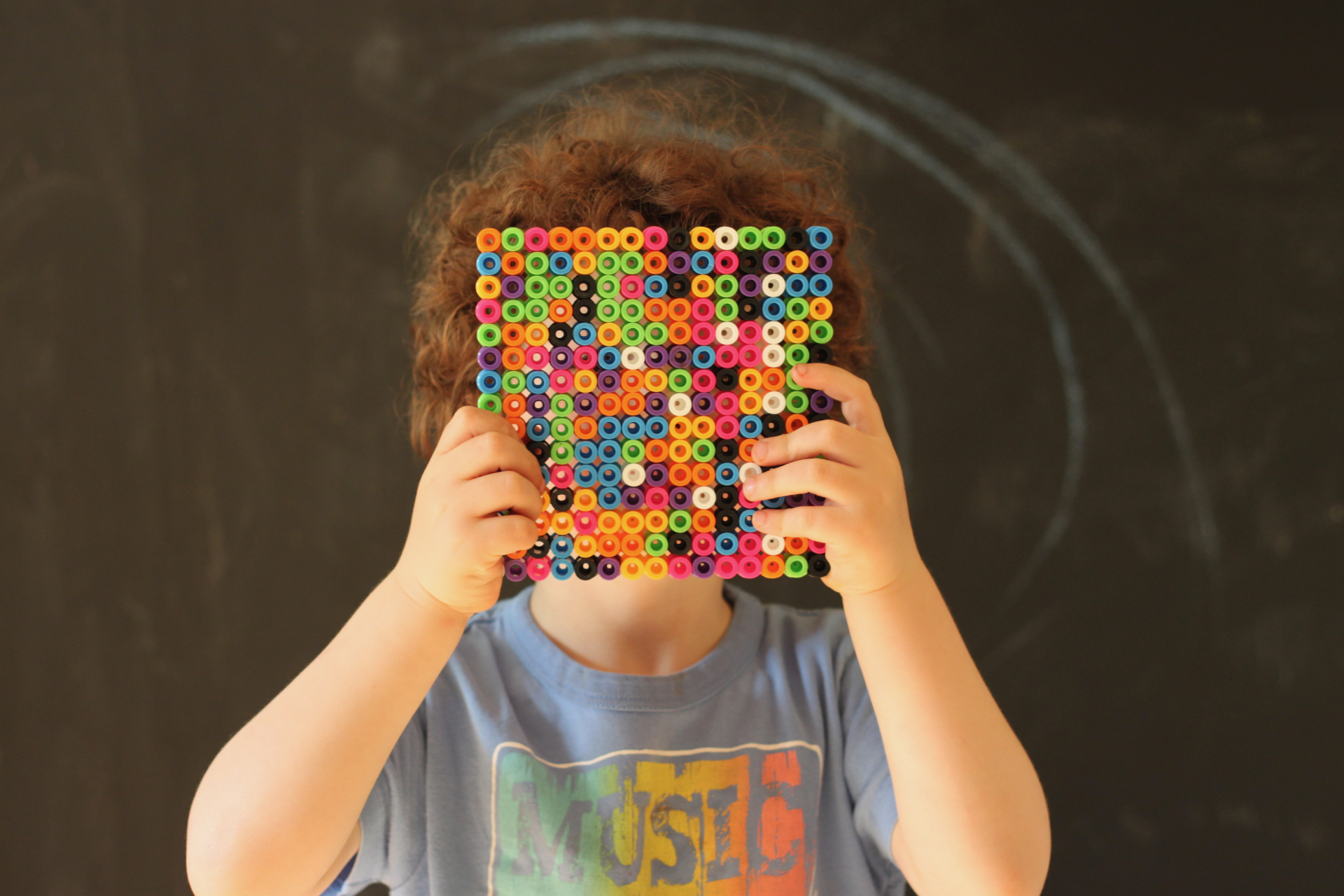


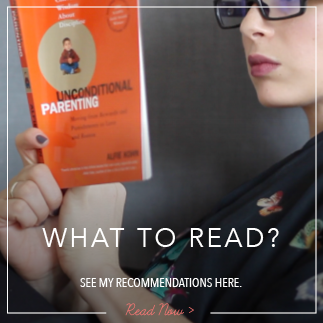


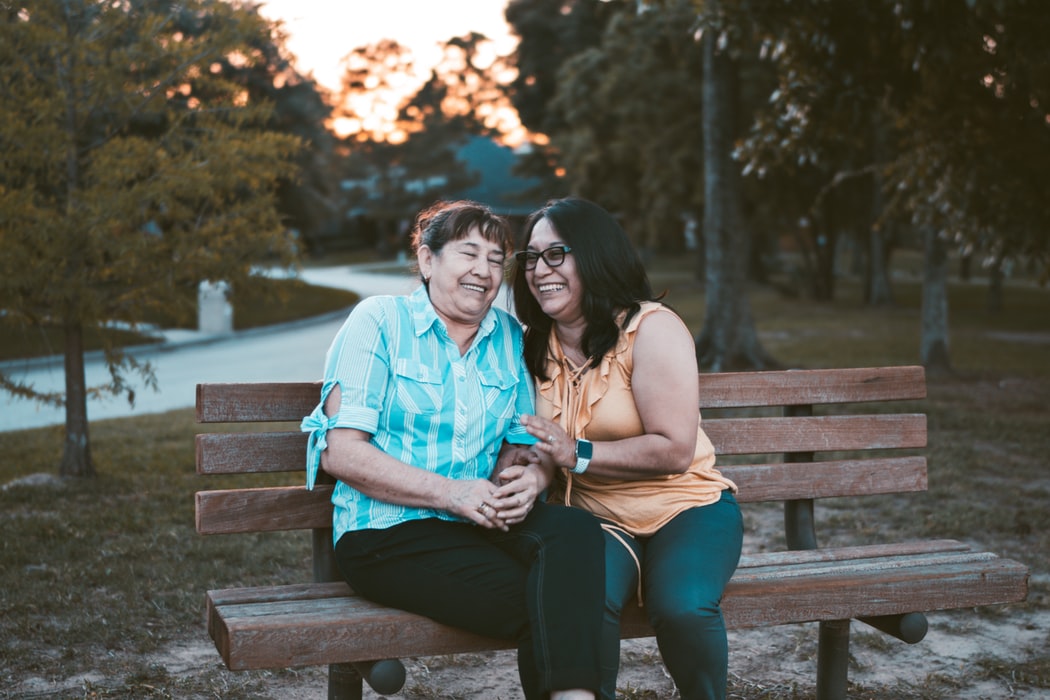
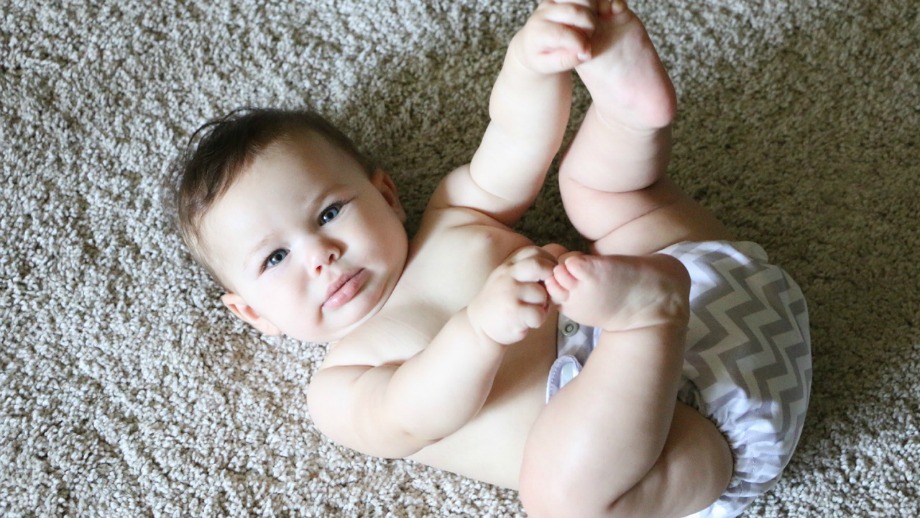
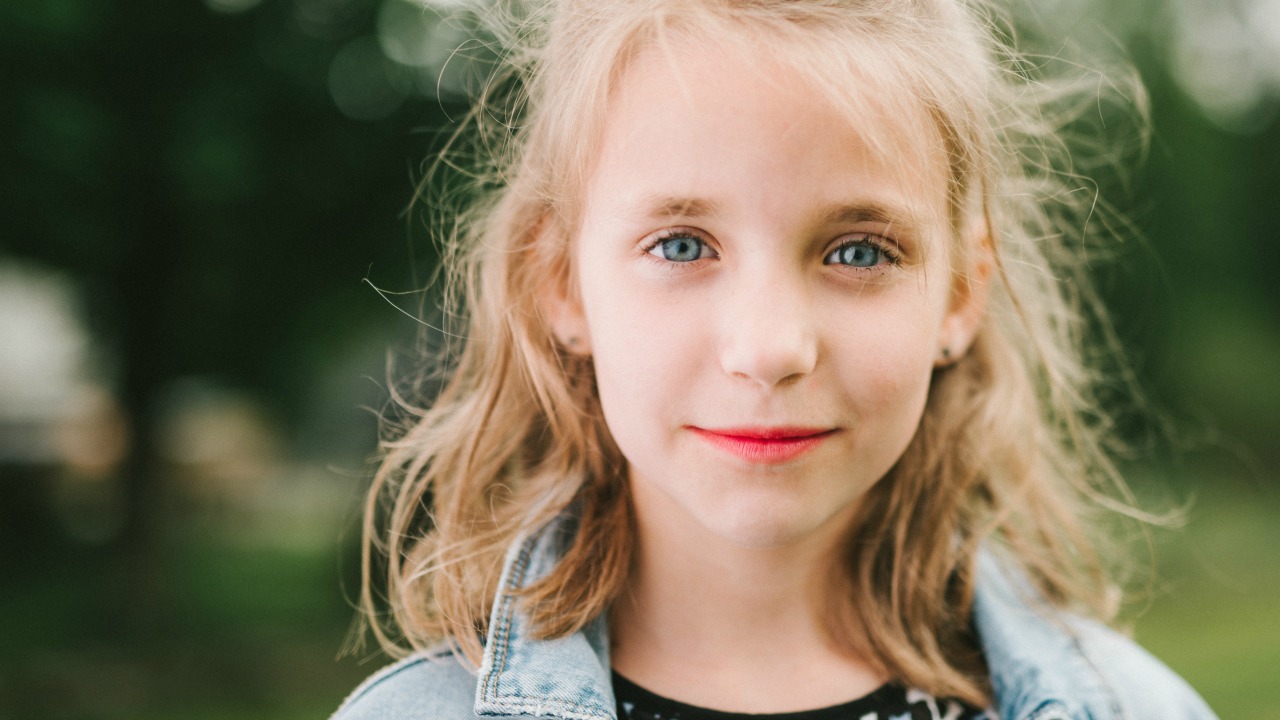





I remember being labeled “positive” things by my parents, but it was really a way of conditioning me into approved roles and paths. So when I look back I see how they told me I was so talented in specific areas, but denied me any affirmation in many of the ways I wanted to express myself.
From my siblings I was labeled as being too talkative, having a big mouth – but honestly, it wasn’t that. It was just because they didn’t want to hear me. I look back at that amazed, because I am really not that talkative. Or, was it the label that shut me up?
“Bad baby” turned into “ornery” which then turned into “cocky”